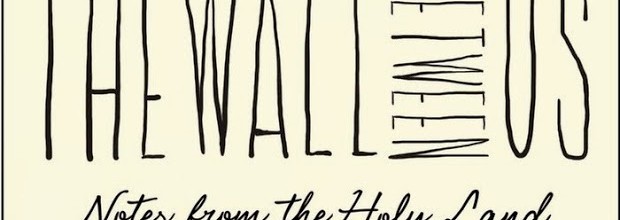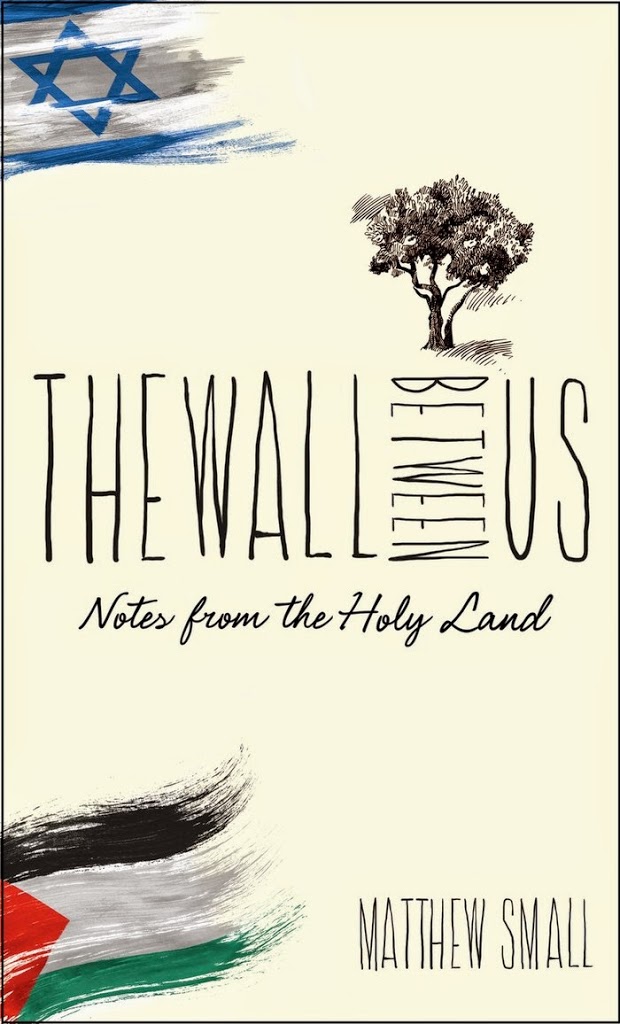#6 The Wall Between Us: Notes from the Holy Land by Matthew Small

My soon-to-be-husband had been working in South Africa before I met him in 1982. The apartheid laws were in full swing and he recounted how a black man had stepped off the pavement into the road to let him pass.
I had no conception of this and then … ‘The only time I’d do that,’ I said, ‘was if Millwall were playing Portsmouth and I’d gone to watch the match.’
It was a ‘aha’ moment for us. Apartheid for black people was like rampaging Millwall fans to a couple of Isle of Wighters on the mainland for a football match. That fear, that requirement to do anything for self preservation, that sinking awful feeling that you’re in the wrong place at the wrong time – apartheid.
 We got it. We got the whole thing – why apartheid was bad, why we needed to do something about it and exactly what it was like to experience that kind of treatment. And we got one other thing: that we had only experienced intermittent discrimination and fear in circumstances over which we had full control and complete choice. We understood our privilege and the requirement that we do something about the lack of privilege elsewhere.
We got it. We got the whole thing – why apartheid was bad, why we needed to do something about it and exactly what it was like to experience that kind of treatment. And we got one other thing: that we had only experienced intermittent discrimination and fear in circumstances over which we had full control and complete choice. We understood our privilege and the requirement that we do something about the lack of privilege elsewhere.
And the point of this story? While Matthew Small’s book is slight, it contains several of those moment where he is able to reveal the nature of Occupation to us. Over and again he shows the practical results of Occupation – the loss of income and dignity for Palestinians, the fear and ignorance of the Israeli settlers in the Occupied zone, many of whom are themselves resettling from other parts of the world and who require the benefits and ‘bonuses’ on offer as a result of agreeing to live in the ‘danger zone’. Pioneer mentality is dangerous for both sides.
As part of his journey through the territory, both physical and mental, of the Wall, Small recounts the comments of a young Israeli woman who is travelling with a group to help Palestinians harvest their olives. Of her experience working with Palestinian farmers she says, ‘I was standing there, in the middle of the olive grove and myself who am I supposed to be afraid of? Is it the Palestinians or the settlers? I know I’m meant to be afraid, but don’t know of whom.’ This installing of fear as part of the process of making people ‘other’ is a crucial step in institutionalising violence and deprivation, on both sides.
I can’t exactly describe this as an enjoyable book, but it’s definitely worth reading …


Recent Comments